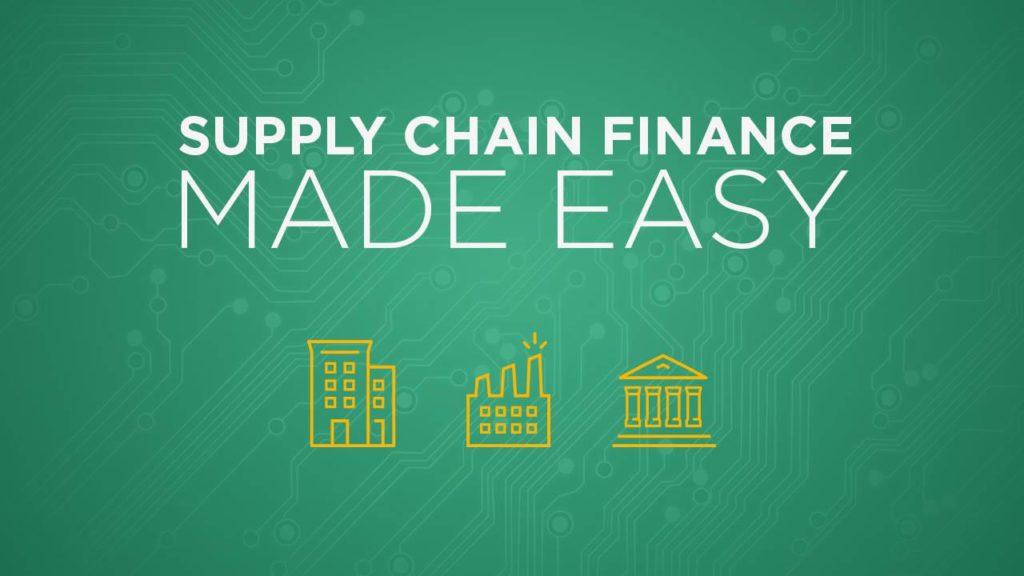
There always seems to be a bone of contention between businesses and their suppliers. Companies are always on the lookout for good credit terms. This allows them to have greater freedom when it comes to repayment on purchased goods. However, suppliers prefer payments as early as possible (sometimes even in advance). This can result in contradicting interests for the buyer and the supplier.
But what if there’s a solution where the supplier receives payment on time, and the buyer has a longer period to make his payments? Sounds too good to be true, right. Well, it is now possible with supply chain finance from NBFCs. With Bajaj Finserv you can ease your supply chain woes and ensure that a lack of fund don’t pose a hindrance to any part of the chain. You can get unsecured loans up to Rs.30 lakh at an affordable interest rate that can be repaid easily within 12 to 60 months. With pre-approved offers, you can get an instant approval on your loan application.
Business loans such as supply chain finance or a SME and MSME loan can provide a new cash source for small businesses in India.
What is supply chain finance?
In business, a supply chain is a network between a buyer and its suppliers. This network facilitates the movement of goods and money. A company (buyer) buys raw materials from various suppliers and has different payment terms with its suppliers. But many, liquidity can get trapped in supply chains resulting in payment issues on both ends. Businesses need to optimise their working capital requirements to ensure a smooth process flow. Here’s where supply chain finance can make a big difference.
There are three parties involved in supply chain finance: the buyer, the supplier and the funding company. Here, the funding company provides an online platform to the supplier where it can issue its invoices. Now, the buyer approves the invoices issued on the platform. The supplier delivers the goods to the buyer and sells its invoices to the funding company. This allows the supplier to avail early finance that wouldn’t be possible in a typical scenario. This step removes the risk of non-payment from the buyer.
The buyer confirms to pay the amount to the funding company on a fixed date in the future. And when the maturity date arrives, the buyer pays the amount to the funder. In this scenario, the buyer gets the goods on time, the supplier receives the payment on time, and the funding company is paid a fee that is subtracted from the invoice. Supply chain financing also includes high-value business loans such as one offered by NBFCs, can help businesses take care of their supply chain needs, right from sourcing raw materials to effective logistics management.
Benefits of supply chain finance
Many lending institutions in India like Bajaj Finserv offers supply chain finance to Small and Medium Businesses (SME) all over the country. This helps businesses to take care of issues like cash flow issues, delayed payments and challenges in growth and expansion.
Win-win solution
Supply chain financing creates a scenario that offers a win-win solution for all involved parties. Suppliers don’t have to wait for long periods of time to receive payments on the sale of goods. They are paid as soon as their invoices are approved. Buyers can focus on their business growth and expansion without worrying about liquidity crunches.
Better negotiating terms
The presence of a funding company means that suppliers are no longer troubled by long payment periods. This allows buyers to negotiate better payment terms and can enable them to improve their working capital position.
Stronger working relationships
Supply chain finance helps to create stronger ties between buyers and suppliers. Quick payments and better terms allow players to remain within the supply chain and make better deals. This would not be possible if one or more players decide to leave the supply chain. This can help businesses to take on bigger and more innovative projects in the long-term with the confidence that key players in the chain will be present in the long haul.
Conclusion
Globalisation has allowed companies to seek new opportunities that were not possible before. With supply chain finance from lenders, SMEs can optimise their cash flows and manage their working capital efficiently.
